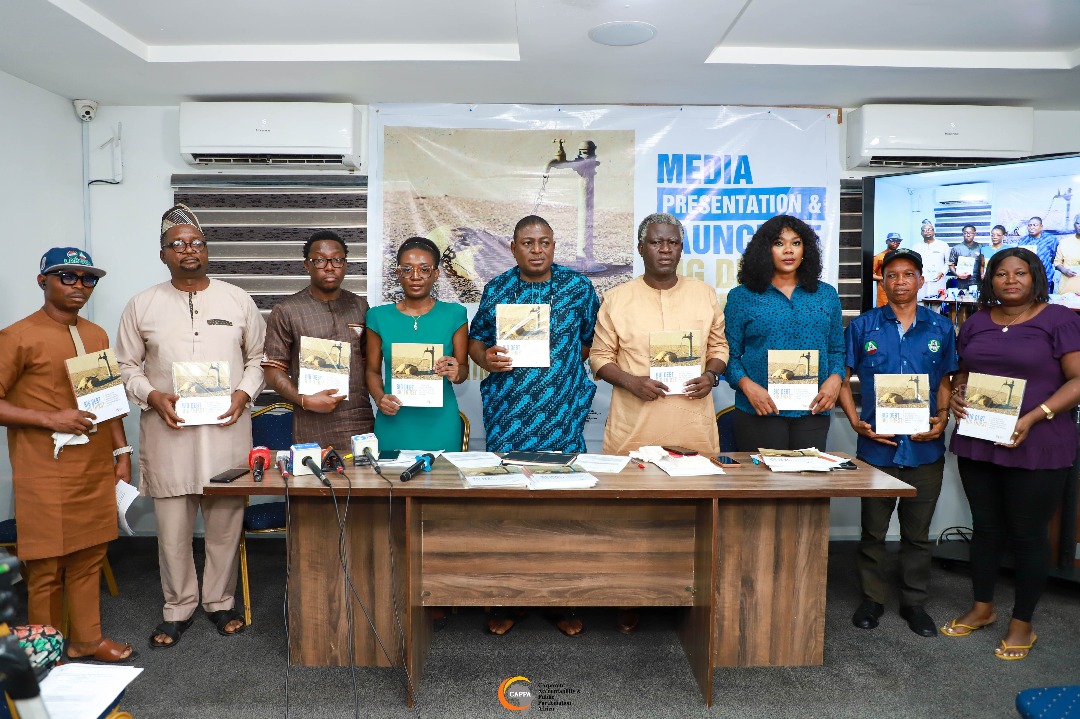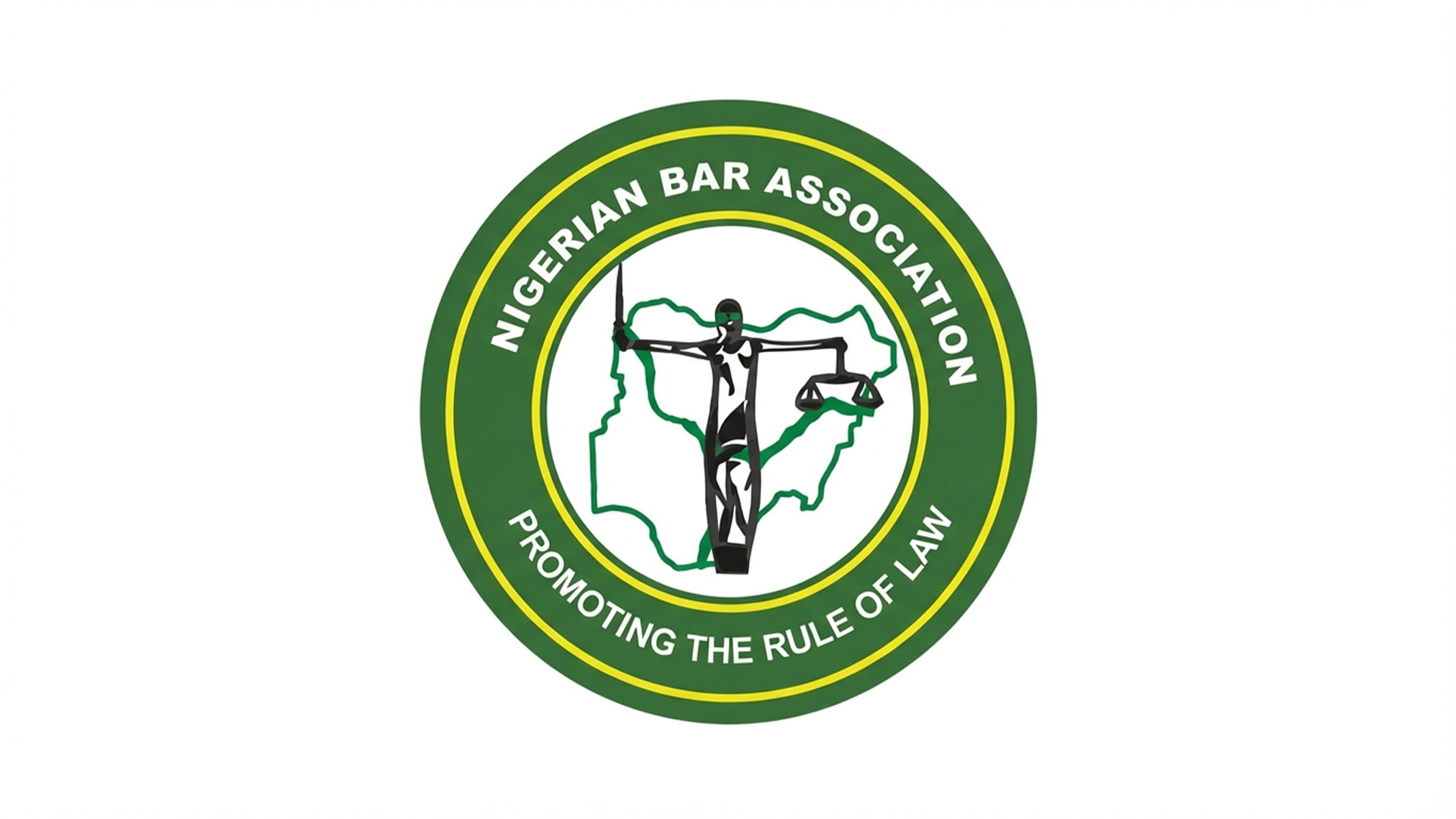 African countries can do without the cut-throat interest loans from the Bretton Woods institutions and other International Finance Institutions (IFIs) to fund infrastructure, says a report released at the weekend by Corporate Accountability and Public Participation Africa (CAPPA).
African countries can do without the cut-throat interest loans from the Bretton Woods institutions and other International Finance Institutions (IFIs) to fund infrastructure, says a report released at the weekend by Corporate Accountability and Public Participation Africa (CAPPA).
Also, the Dean, Faculty of Social Sciences, University of Lagos (UNILAG), Akoka, Prof Adelaja Odukoya, urged African countries to look inwards, as they have abundant resources to fund critical infrastructure.
The report, tagged ‘Big Debt, Big Thirst: A Case Study of World Bank-Supported Projects in Ekiti, Rivers and Bauchi States’, examines how states in Nigeria are in debt over privatised public water, even while the taps remain dry.
It proffers about 10 alternative ways developing countries can avoid such loans since the IFIs, including the World Bank, African Development Bank (AfDB), and International Monetary Fund (IMF), are in business and have shareholders who are expecting returns periodically.
Other alternatives proffered include rejecting all forms of privatisation, declaring an emergency on critical infrastructure, recognising water as a human right, public investment in critical infrastructure and expanding community-controlled water governance.
Others are linking power generation to water sector improvement, holding the World Bank and government accountable, empowering local councils to provide infrastructure, as well as rehabilitating state water agencies and ending casualisation of water workers.
In his opening speech, the Executive Director of CAPPA, Akinbode Oluwafemi, said: “The report calls for an immediate cessation of the privatisation of water services in Nigeria and advocates a fundamental reorientation that recognises water as a fundamental human right, necessitating sustained public investment, transparent governance and genuine democratic control.”
“Findings of the report emphasised the urgency of confronting and challenging the broader ideological framework that drives the privatisation of public water utilities, deregulation and austerity approach that continues to place the interests of financial institutions, corporations and private entities over public welfare.”
Speaking from Lisbon, Portugal, on the research methodology, Community mobiliser of CAPPA, Dr Gideon Adeyemi, described the report as another damning evidence of the neo-liberal policies of IFIs.
For CAPPA’s Programme Officer, Water Campaign, Sefa Ikpa, World Bank’s core mandate of eradicating poverty in developing countries seems to be defeated by its recent policies, especially on water, in the countries it was supposed to save.
In her closing remarks, the Assistant Director of CAPPA, Zikora Ibe, urged the media and activists at the event to help in escalating the contents of the report so Africans could be freed from the grip of capitalists in benefactors’ toga.






